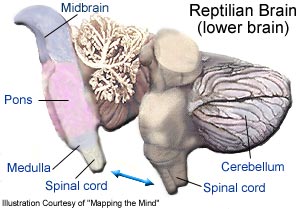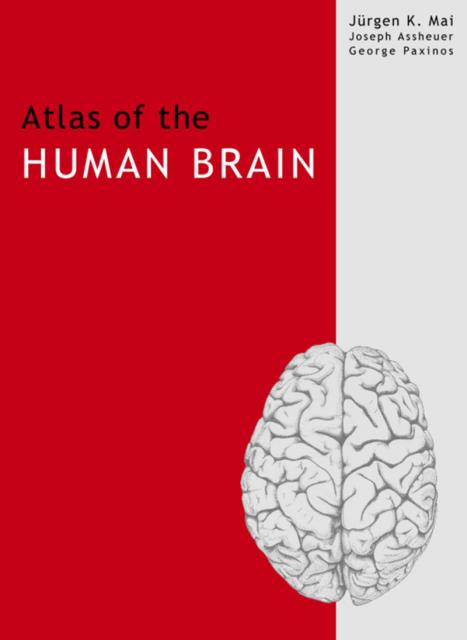
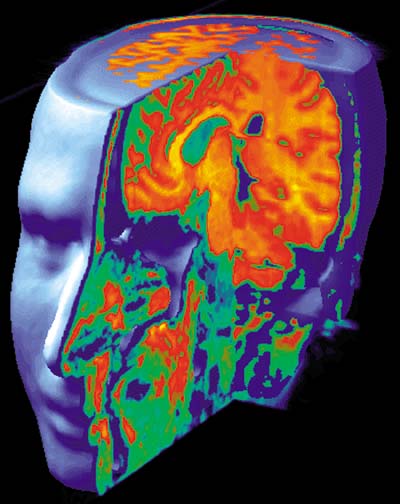

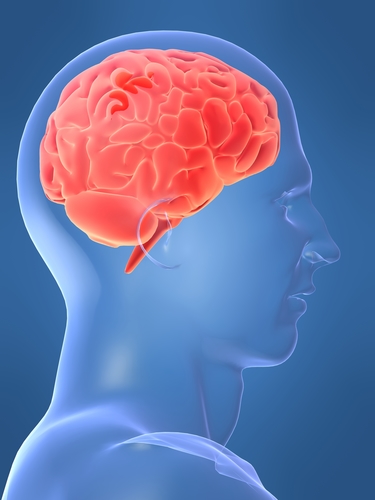
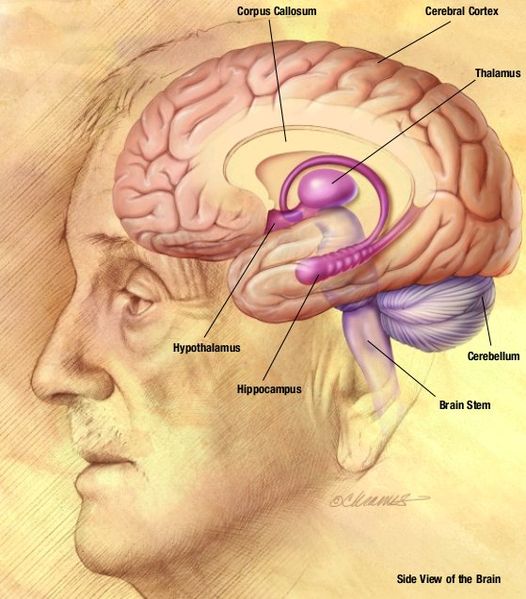
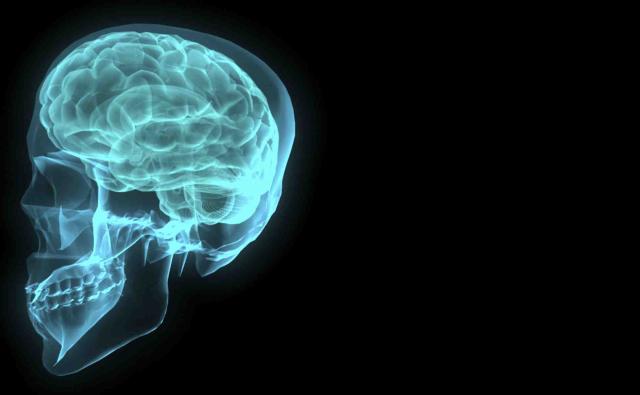
THE BRAIN is considered the most complex part of the human body and for centuries, scientists and philosophers have been fascinated by the functioning’s of human and non human brains.
The nervous system is your body's decision and communication centre. The central nervous system (CNS) is made of the brain and the spinal cord, and the peripheral nervous system (PNS) is made of nerves that are stimulated by environmental extremes of our sensory encounters (sight, smell, hearing, touch and taste).
Through the use of these senses, our brain receives messages, and stores the information in our memory. For example: the sound of a certain likeable song is received and stored within a section of our brain. Years later you might hear the song playing on the radio, and your brain gives meaning to the signal reminding you of a particular time once experienced in life; a happy moment or sad parting of a relationship.
Your brain is purely stimulated by the sense of, in this case sound, while standing innocently bios of the actual event, and any emotional state that may be invoked. However, questions arise as to the source of memory.
-
When can memory be influenced?
-
At what point of development does our brain start to store memory?
-
How do we control what is stored?
-
Where are our memories stored?
-
Why can I not recall the first time I had chocolate ice-cream?
The Brain Stem is the oldest and smallest region in the evolving human brain. It evolved hundreds of millions of years ago and is more like the entire brain of present-day reptiles. For this reason, it is often called the 'reptilian brain.'
The brain stem determines the brain's general level of alertness and regulating autonomic processes of the body such as
- Breathing
- Heart rate
- Blood pressure
- Sensory interpretation
Fight or Flight Mechanism is impulsive, instinctual, ritualistic, and is mainly concerned with fundamental needs such as
- Survival (The instinctive will to live)
- Physical maintenance
- Hoarding
- Dominance
- Mating
